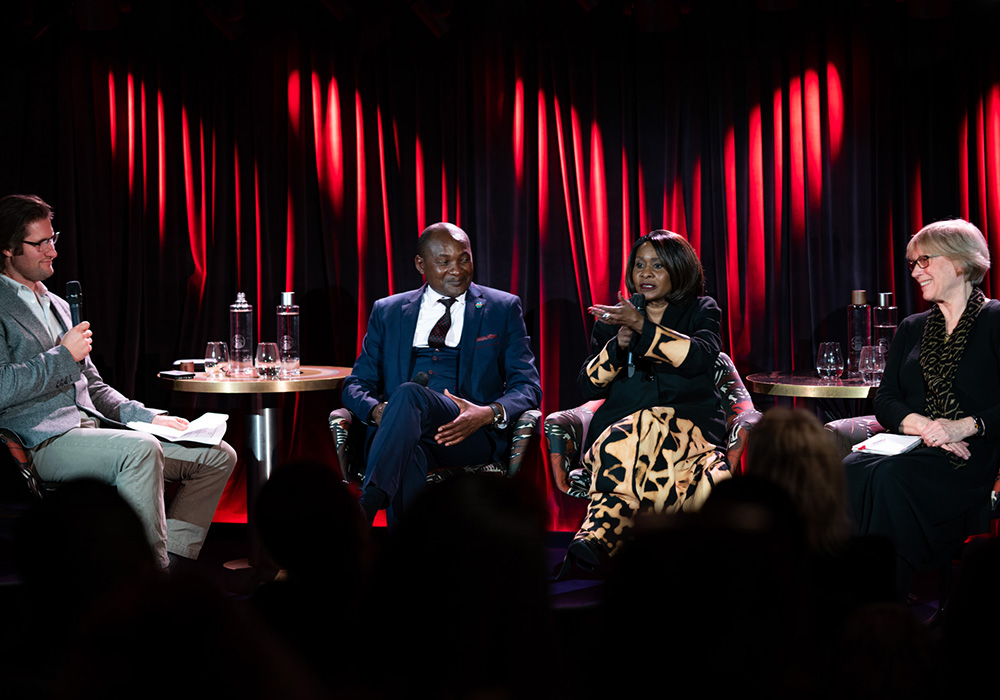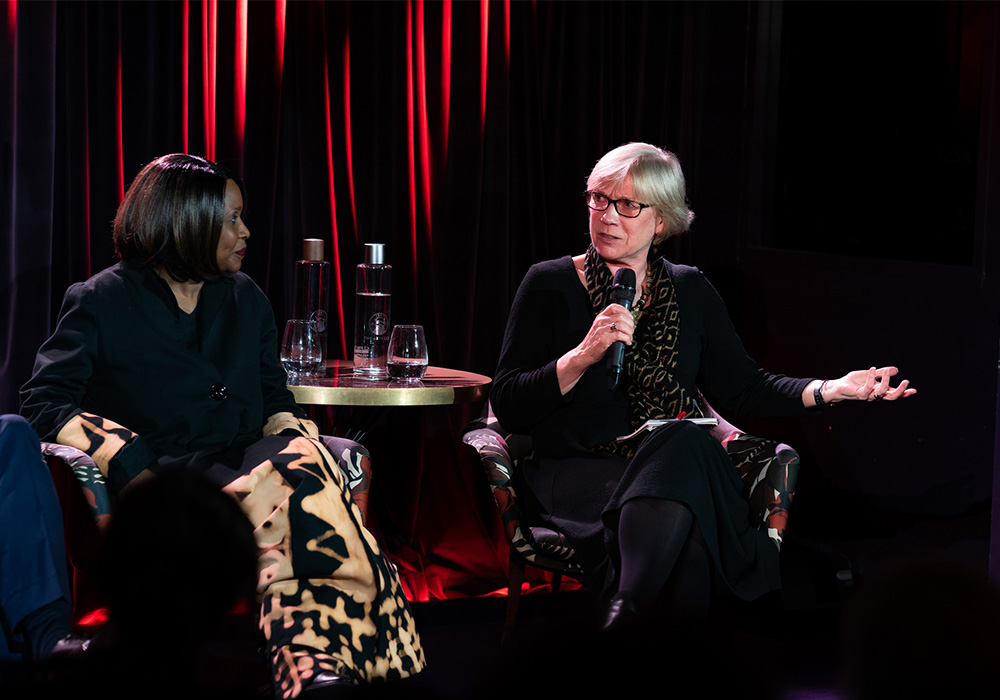
Wild animals have been hunted throughout history as an essential means of sustenance. However, given modern farming practices, hunting is no longer a necessary activity for most of the world, and is primarily a form of recreation.
In Africa, big game hunting is the source of an emotive and polarised debate. Those in favour of legal trophy hunting point to the significant financial benefits that flow to local communities and national governments from the industry, justifying the continued conservation of protected areas. Those against are horrified by the pointless, wasteful loss of defenceless, sentient animals for the benefit of a tiny, privileged elite or the inequitable distribution of benefits derived from hunting these animals.
Here we discuss this sensitive subject, without fear or favour, with some of the world’s leading thinkers.
For:
Dr. Brian Child – An associate professor at the University of Florida, works on the economics and governance of wildlife in southern Africa, with particular expertise in community governance and park management systems. He spent twelve years working for Zimbabwe’s Department of National Parks and Wildlife Management and is now helping the Zambia Wildlife Authority restore its national parks.
Hon. Pohamba Shifeta – Minister of Environment and Tourism in the Republic of Namibia. Pohamba Penomwenyo Shifeta is a politician figure and a legal practitioner who is serving as Minister of Environment and Tourism in the Cabinet of Namibia since 2015.
Against:
Professor Judi Wakhungu – Kenya Ambassador to France, Portugal, Serbia, Monaco, Holy See. Former Cabinet Secretary (Minister) of Environment, Water, & Natural Resources of the Republic of Kenya.
Professor Wakhungu is credited with the ban on the manufacture, importation and distribution of plastic bags in Kenya, by the Kenya Ministry of the Environment, while she was the Cabinet Secretary for the Environment. Wakhungu also spearheaded the enactment of many seminal Legislations in Kenya, including the Wildlife Conservation & Management Act 2013, and the Climate Change Act 2016.
Professor Phyllis Lee – Phyllis Lee has been carrying out field research on animal behaviour since 1975. She has collaborated with a number of researchers working on forest and Asian elephants as well as primates from around the world. She has authored She has authored or edited 6 books and published over 80 primary journals. She works with conservation attitudes and community conservation projects, as well as human-wildlife interactions and she has been associated with the world’s longest running wild elephant research project in Kenya since 1982.

